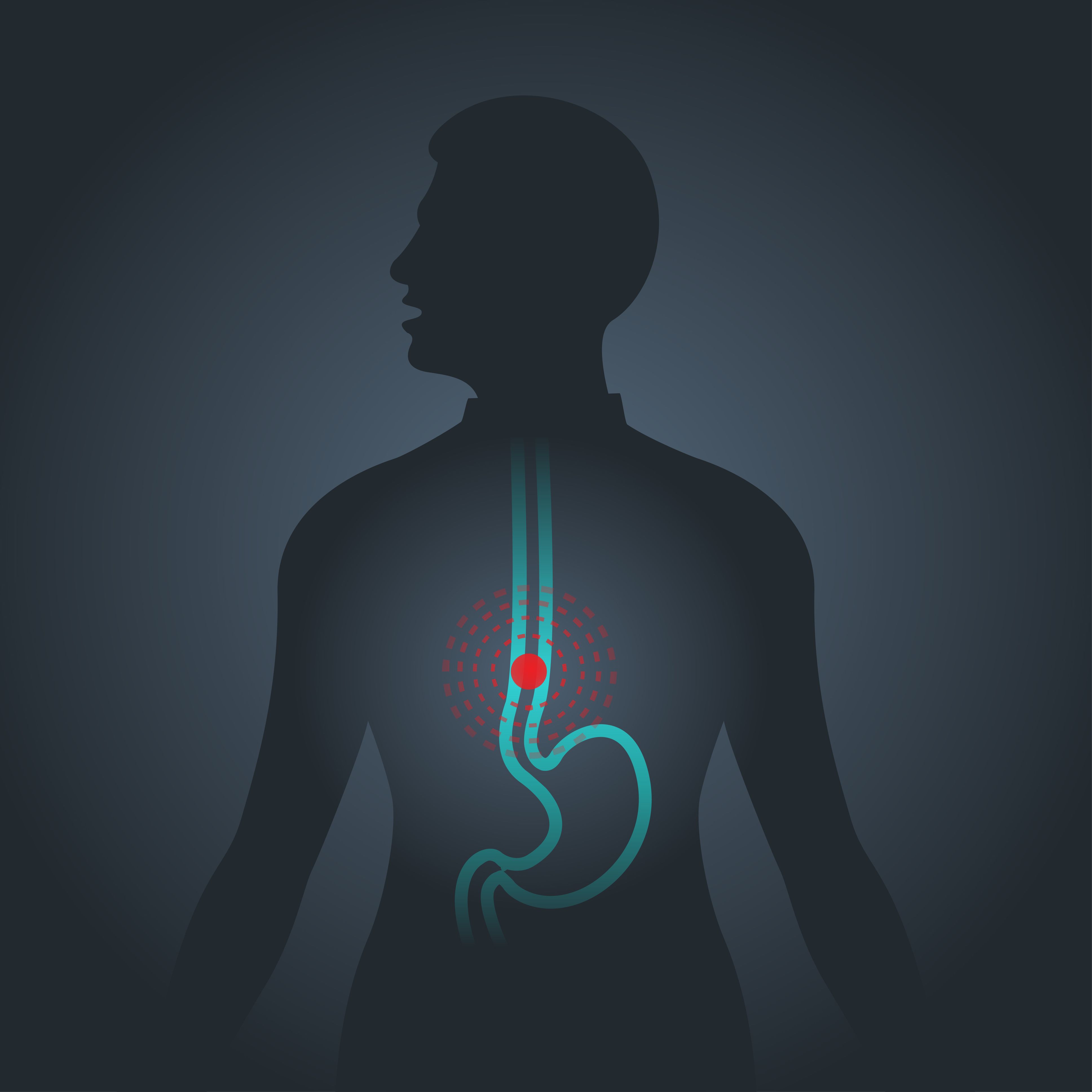FDA Approves Tislelizumab for Unresectable or Metastatic ESCC
The FDA approved tislelizumab alone for patients with unresectable or metastatic esophageal squamous cell carcinoma after prior systemic chemotherapy not including a PD-1/PD-L1 inhibitor.

- The FDA approved tislelizumab-jsgr (Tevimbra) for treating esophageal squamous cell carcinoma (ESCC) after prior chemotherapy, in patients who haven't received a PD-1/PD-L1 inhibitor.
- This approval is based on the RATIONALE 302 trial (NCT03430843) that showed tislelizumab improved overall survival compared to chemotherapy for these patients.
- The agent is expected to be available in the second half of 2024 in the United States.
The FDA has granted approval to tislelizumab as a monotherapy for patients with unresectable or metastatic ESCC after prior systemic chemotherapy not including a PD-1/PD-L1 inhibitor.1
Results from the phase 3 RATIONALE 302 trial, which assessed tislelizumab alone vs chemotherapy in the second-line setting for this patient population, support this approval.
As notedby the developers, tislelizumab will be available in the second half of 2024 in the United States.2
“Today’s FDA approval of [tislelizumab] for patients with ESCC who have previously received chemotherapy, along with its ongoing review of our [biologic license application] for first-line ESCC, represents a significant step in our commitment to bringing this therapy to more patients around the world,” Mark Lanasa, MD, PhD, chief medical officer of Solid Tumors at BeiGene, said in the press release.
Illustration of esophageal cancer: © ilovecoffeedesign - stock.adobe.com

The randomized, open-label, multi-regional, phase 3 RATIONALE 302 trial enrolled 512 patients from 132 research sites across 11 countries in Europe, Asia, and North America.
Enrollment was open to patients with a confirmed diagnosis of ESCC, progression during or after first-line treatment, at least 1 measurable lesion, an ECOG score of 0 or 1 prior to randomization, and adequate organ function. Eligible patients were randomized into either the experimental arm where they were given tislelizumab at a dose of 200 mg intravenously every 21 days, or in the control arm where patients received investigators' choice of chemotherapy.
Overall survival (OS) was the primary end point of the study along with secondary end points including overall response rate (ORR), progression-free survival (PFS), duration of response (DoR), health-related quality of life, and adverse events (AEs).
In the tislelizumab arm, the median OS was 8.6 months (95% CI, 7.5-10.4) vs 6.3 months (95% CI, 5.3-7.0) in the chemotherapy arm (HR, 0.70; 95% CI, 0.57-0.85; P = .0001). The most common AEs included increased glucose, decreased hemoglobin, decreased lymphocytes, decreased sodium, and decreased albumin.
“Patients diagnosed with advanced or metastasized ESCC, the most common histologic subtype of esophageal cancer, often progress following initial therapy and are in need of new options. The RATIONALE 302 trial showed that patients with previously treated ESCC who received [tislelizumab] saw a clinically meaningful survival benefit, highlighting its potential as an important treatment option for these patients,” concluded Syma Iqbal, MD, associate professor of clinical medicine, and section chief of Gastrointestinal Oncology in the Division of Medical Oncology, and cancer physician in chief at Norris Comprehensive Cancer Center, Keck School of Medicine, University of Southern California.1
REFERENCES:
1. BeiGene Receives FDA Approval for TEVIMBRA® for the Treatment of Advanced or Metastatic Esophageal Squamous Cell Carcinoma After Prior Chemotherapy. News release. BeiGene. March 14, 2024. Accessed March 14, 2024. https://shorturl.at/bzZ37
2. Shen L, Kato K, Kim SB, et al. RATIONALE 302: Randomized, phase 3 study of tislelizumab versus chemotherapy as second-line treatment for advanced unresectable/metastatic esophageal squamous cell carcinoma. J Clin Oncol. 2021;39(suppl 15):4012-4012. doi:10.1200/JCO.2021.39.15_suppl.4012
Neoadjuvant Therapy Could Improve Outcomes for Nasal and Paranasal Sinus Cancer
September 17th 2024Neoadjuvant chemotherapy prior to surgery and postoperative radiation therapy could improve organ preservation in patients with T3 and T4a nasal and paranasal sinus squamous cell carcinoma.
Read More